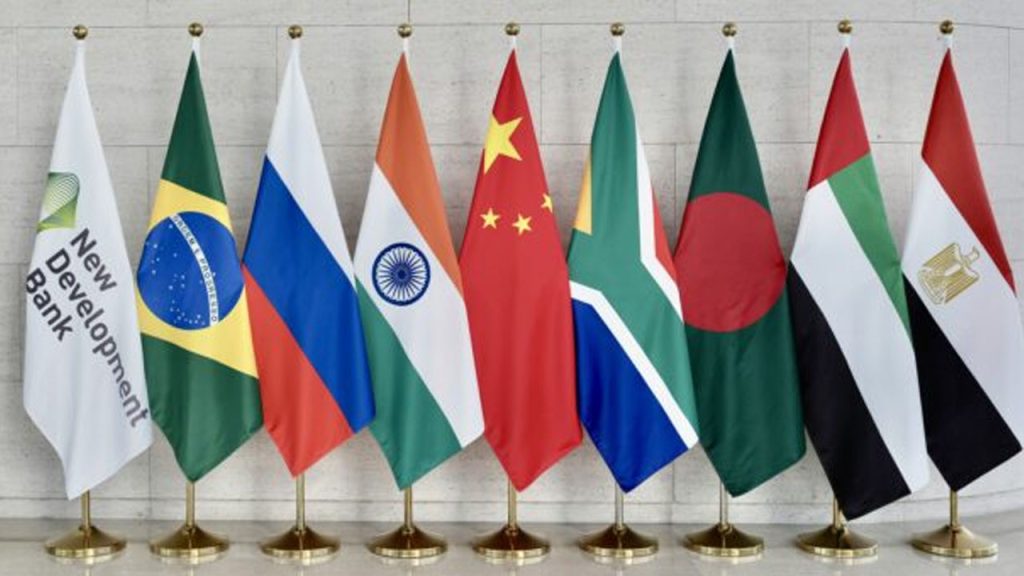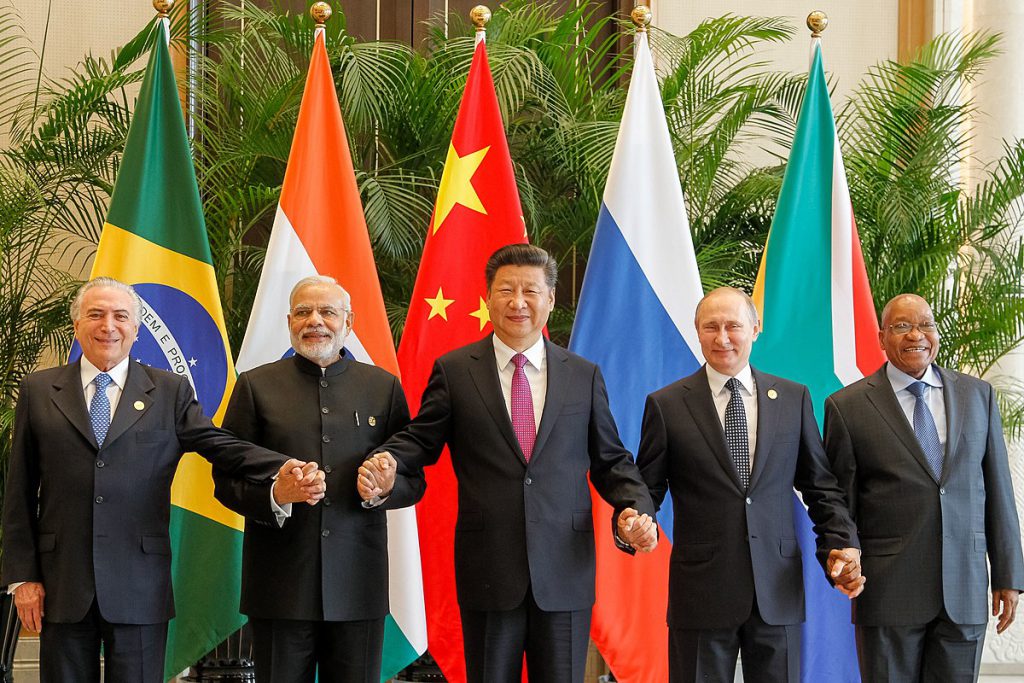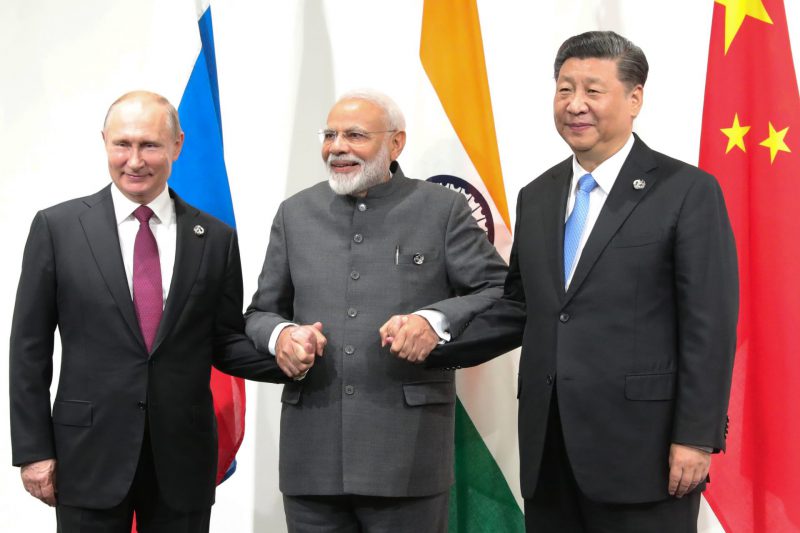With the August summit set to be vital for the potential growth of the bloc, BRICS is at a crossroads regarding the topic. Indeed, with many assuming that the collective would expand, some of its members have expressed concern. Now, it has been reported that BRICS member, India, is calling for stricter expansion guidelines.
Last week, it was reported that China was actively pushing for the bloc to expand its members. Alternatively, neither Brazil nor India saw the pursuit as immensely urgent. Yet, it appears that the issue is now regarding the qualifications for countries to join the collective.


Also Read: 74 Countries Ready to Attend BRICS Summit in August
India Wants Strict Expansion Rules for BRICS
Much of this year has seen the BRICS ascend within the geopolitical world. Subsequently, their annual summit had long been observed as vitally important. Both for the decision that it would make in the near future and how it could set the trajectory for the bloc’s long-term vision.
Part of that has always been the discussion of expansion. A host of countries have sought membership in the bloc, and with more than 70 heads of state invited, the bloc seemed receptive to potential growth. However, it appears as though that prospect may have been more divisive than initially understood.


Now, prior to the BRICS summit in August, India is calling for stricter expansion guidelines for incoming nations. Specifically, a report stated that India is seeking rules regarding both who and when countries could join the bloc. Alternatively, BRzil has raised its own objections to the potential growth.
Also Read: US Comments on Global Partners Seeking BRICS Membership
Specifically, it has proposed observer country categories for incoming states. Indeed, this would maintain a distinction between the countries presently in the bloc, and those seeking to join. The report states that the category would hold countries awaiting a promotion to full-fledged members.
The bloc has long stated its openness to expanding and its drive to aid developing countries. Although this kind of system is understandable, it disarms some of the weight of that perspective. Ultimately, how the countries navigate the process from here will be immensely interesting.





